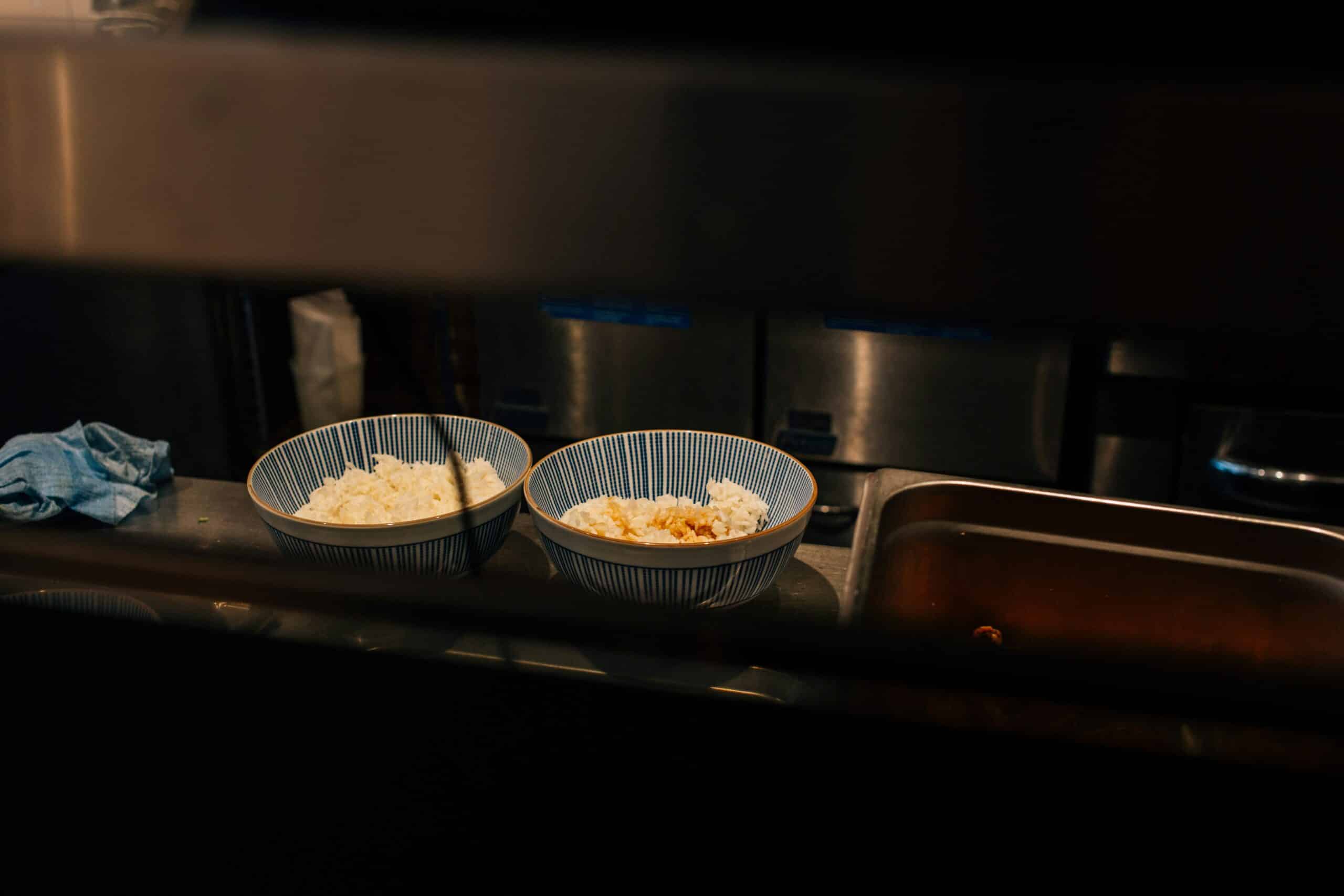There was quite a buzz in Manila soon after National Book Store announced that Amy Tan would be headlining the first Philippine Literary Festival at Raffles Makati.
That’s understandable because Tan’s debut 1989 novel, “The Joy Luck Club,” is extremely popular in the Philippines; a 1993 film based on the book was a box-office hit.
Born in Oakland, California, to Chinese immigrant parents, the 62-year-old Tan is in town to promote her 2013 novel, “The Valley of Amazement,” and meet her Filipino fans. Her friend, writer Mitch Albom, told her she had a big fan base in the country but Tan didn’t believe him.

In Manila for the first time with her husband, lawyer Lou DeMattei, Tan is a believer now, as she looked forward to her spotlight session and book-signing in the festival.
Refined and warm, Tan has a winning personality. Like her books, Tan knows how to answer questions. Here are excerpts:
Your first book, “The Joy Luck Club,” came out in 1989. How do you feel about that book today?
It was an entry point for me, not just for the craft of writing, but that through writing I’d find meaning. And the meaning itself, as I gradually discovered, was the meaning that I was finding within myself in the act of writing, not the finished product. I would have to remember the importance of that as I continued, because I knew it could never be published, or I could get published once and get destroyed by critics. I have to remember that.
Breakout book
What about the fact that all the books you wrote after keep getting compared to it?
Inevitably, it will always be that way, because it was the breakout book and it was so unexpected. It got people talking about mothers and daughters. I don’t mind it. Wow, I’m lucky to be published in a time when they ask those questions.
Books are different. For me, every book is necessary to write at that period. I’ve gotten more sanguine about these things as I get older. I was with a writer who complained to Kurt Vonnegut—we were having dinner, the three of us—and the writer said, “People keep comparing my books to my first book.” And Kurt looks at him and says, “Has it ever occurred to you that maybe you’ve peaked?” And I thought yes, maybe that’s true and maybe you need to accept that. We can ask ourselves, are we repeating the same things?
Do you feel that way?
I don’t. What I feel is that what people might see as repetitious, as I keep going back to this notion of mothers and daughters, Chinese Americans—that’s who I am. And of great influence to me was my mother. I have to write for myself to make it imperative.
When “The Joy Luck Club” came out, it established in many readers’ minds the life of Chinese women in America. How do you think that experience has changed since?
Ironically, these relationships have not changed that much. Many students come up to me and say, I finally understood my mother, or mothers saying, I gave this book to my daughter and now we can talk about things. That surprises me. Mothers and daughters have this connection and it gets stretched out. Some of it has to do with age. I thought that it would change by now.
Have you read “Battle Hymn of the Tiger Mother” by Amy Chua?
I have not. I’m glad I haven’t, because then I have to say exactly what I thought of it. People have asked me, and I say everything I have to say about mothers and daughters are in my books. It’s a very complex thing, and I don’t think there’s a handbook on how any mother is with her child.
Let’s talk about writing itself. Who would you consider your strongest influences?
I would say it is the disparate beliefs of my father and my mother, combined with the death of my father and my brother in a single year, which basically yanks you from any assumption of what to believe. Whether you believe in the power of prayer or miracles, or curses, bad luck, self-determination, medical miracles, all of that came into play and it’s the crux of what I do as a writer.
What are you still tinkering with as far as your process is concerned?
Being disciplined. I think I become more and more undisciplined. I wish I could begin the writing of something with a clear focus, but at the same time that would undermine my reason for writing, and that is to just be open to everything. The thing is to get rid of more distractions. Cut off the Internet.
People always associated you with the Chinese American experience. Have you ever wanted to do something completely different?
Sometimes, I want to prove that I can, but no, why would I want to spend even more than a week doing that?

I have a very odd one. I have to make the bed. I can’t start anything until I’ve made the bed. I have to make a bed the way a hotel makes a bed. Like everything has to be absolutely tight, everything has to be a certain way. And then I’m ready. My husband has made the bed a couple of times when I had gone away, and the bed is pretty good. But he knows I would never ask him to. I like making the bed. It starts my day, and I put away part of me, and I begin another part of me.
What has been the most difficult part of your writing life?
I think about these things, and there were many parts that were difficult but necessary. I’d say the loss of my first editor, but then I was so close to her the last four years of life because I knew she was going to die. I moved to New York to be with her. Her name was Faith Sale, a legendary editor who edited Kurt Vonnegut, Joseph Heller, Donald Barthelme and Alice Hoffman.
I would say the death of my mother, but in those years knowing she was going to die, I was really focused. I really needed to know the quality of love and memory. One of the things she said was that my book was so easy to read and I think, by that, she meant she understood it all.
The most difficult thing continuously has to do with distractions and feeling, after I became ill, that I had lost my ability to write. I would say that was the most difficult. There is this fear that I had lost it.
What then would you say has been your favorite part of being a writer?
It would be with each book, the last bit of writing, because that’s when it all comes together, and there’s a feeling that I know where it’s gone to, and that sense of fulfillment. It takes you beyond that breath that you thought was the last breath you could take. That is the best part.














































